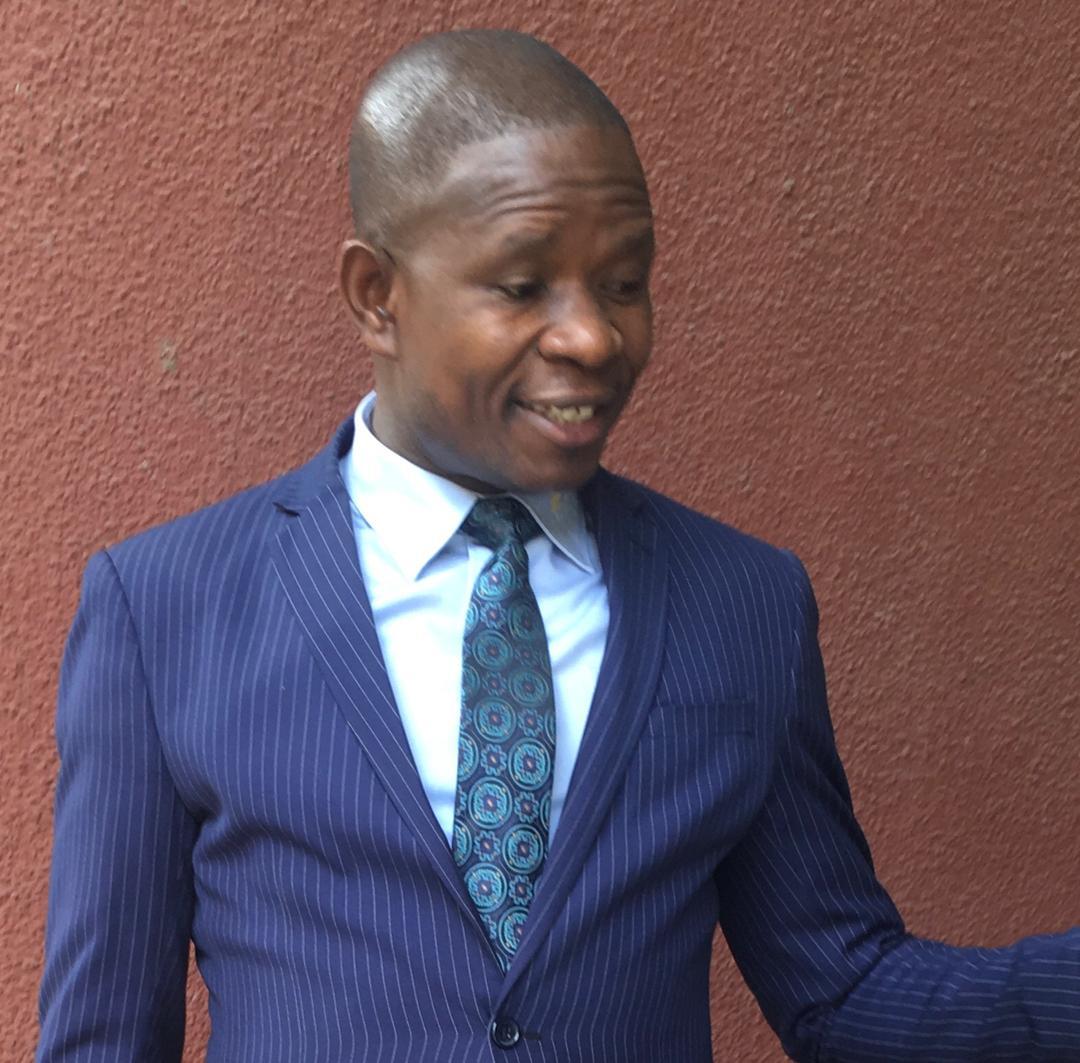(By Sylvester Udemezue)
➖➖➖
07/06/2020
➖➖➖
MEMORY VERSE:
➖➖
“The Supreme Court shall, to the exclusion of any other court, have original jurisdiction in any DISPUTE between the Federation and a state or between states if and in so far as that DISPUTE involves any question (whether of law or fact) on which the existence or extent of a legal right depends”
(Section 232(1), CFRN, 1999)
➖➖➖
CONSPECTUS:
I had on June 05, 2020, done some commentary titled, “On the Planned Supreme Court Suit Over Virtual Court Hearing in Nigeria: A Suggestion” (http://newswirelawandevents.com/on-the-planned-supreme-court-suit-over-virtual-court-hearing-in-nigeria-a-suggestion-by-sylvester-udemezue/). ▪️ Then, just about 40 minutes ago, today, June 07, 2020, I ran into a news headline: “Virtual courts: Lagos takes Fed Govt, NASS to Supreme Court,” indicating that “The Lagos State Government has asked the Supreme Court to determine the constitutionality of virtual court hearings. According to the report, the Attorney-General has explained the reason for the suit thus: “It said, among others, that divergent views on whether or not virtual court proceedings are lawful, is causing apprehension over proceedings already conducted virtually in compliance with Practice Directions issued by the Chief Judge of Lagos State.” (See https://www.google.com/amp/s/thenationonlineng.net/virtual-courts-lagos-takes-fed-govt-nass-to-supreme-court/amp/). ▪️May I recall as is seen in the “MEMORY VERSE” above that the existence of a REAL, not imagined, “DISPUTE between the Federation and a state, involving any question on which the existence or extent of a legal right depends” is a necessary condition precedent to initiation/institution of any suit at the Supreme Court against the Federal Government or the Federation, by any State in Nigeria.
▪️THE QUESTION:
➖➖
Has any “dispute” arisen between Lagos State and the Federation, over introduction of remote/virtual court hearing in Nigeria, as required by section 232(1) of the Constitution of the Federal Republic of Nigeria, 1999, to justify this reported suit? ▪️Or can a cause of action be said to have arisen or to exist in the absence of any real life disputes? ▪️Can a court of law now act on a mere academic exercise, based on an anticipated, imagined or mere apprehension of a dispute? ▪️Although it appears the Lagos State is also “seeking a Declaration that the Constitution, especially Sections 36 (3) and (4) are adequate to accommodate virtual or remote hearings…as provided for in the Practice Directions issued by the Chief Judge of Lagos State dated 4th and 15th May 2020,” this has not removed the question (to Lagos) as “Who are you fighting or ‘DISPUTING’ with, to warrant this suit?” ▪️ Don’t get me wrong; I would be the happiest to see a speedy resolution of this vexed issue of Constitutionality or otherwise of conducting virtual court hearings in Nigeria without a prior constitution amendment because such would have saved us much arguments and headache, and averted future disputes and waste of resources
▪️But shouldn’t the processes for such speedy resolution be strictly in line with law and legal provisions?▪️I had pointed out in my 05/06/2020 commentary above, thus:
“a suit is filed in court for purposes or remedying an wrong allegedly done to the claimant. The existence of a valid action presupposes that (1) a legal right exists which (2) had been violated (3) leading to some injury on a person or thing (4) which is legally remediable.In a long line of cases, including OSHOBA v. AMUDA (1992) 7 SCNJ 317, (2). MOBIL v. LASEPA (2003) 104 LRCN 240, (3) CHEVRON v. LONESTAR (2007) 7 SC (Pt 2) 27, (4). BELLO v. AG, OYO (1996) 5 NWLR (pt 45) 828), the Supreme Court has recognized the indispensability of existence of a cause of action (a real controversy) to the activation of the court’s jurisdiction.”
▪️Further, the Supreme Court has repeatedly stressed that “the Nigerian Constitution is founded on the rule of law, the primary meaning of which is that everything must be done according to law. Nigeria, being one of the countries in the world which profess loudly to follow the rule of law, there is no room for the rule of self help by force to operate.” (see for example Military Governor of Lagos State vs. Ojukwu (2001) FWLR (Part 50) 1779 at 1802 & 1799) ▪️As the Lagos State has already filed the suit, meaning all eyes shall now be on the Supreme Court for its pronouncement on these questions raised, it is important to recall the Nigerian Supreme Court’s advice in AMECHI V. INEC (2008) 1 SCNJ 1: “In all countries of the world, which operate under the rule of law, politics is always adapted to the laws of the land and not the laws to politics. Therefore, let our political operators allow this time-honoured principle to sink well into their heads and hearts.”
▪️PERORATION:
➖➖
Finally, lest I forget, someone somewhere might now ask, what’s Udems’s own headache here? Good question. And I have the answer ready. You see, as Salman Rushdie, a British Indian novelist and essayist, once said, “two things form the bedrock of any open society — freedom of expression and rule of law. If you don’t have those things, you don’t have a free society. “ ▪️Michael Joseph Oakeshott, an English philosopher and political theorist (1901-1990), put it this way: “the rule of law bakes no bread, it is unable to distribute loaves or fishes (it has none), and it cannot protect itself against external assault, but it remains the most civilized and least burdensome conception of a state yet to be devised.”▪️Let’s therefore take care of rule of law so rule of law would take care of us, because if the Rule of Law disappears, we are ruled by the whims of men. We know the right thing to do; the hard part is always with doing it. Anyway, I have said my own! He or those who have ears, let him or they hear, although, as experience has shown, our problem in not hearing is not that we do not have ears; it is just that most of us do not use them!
Respectfully,
Sylvester Udemezue (udems)
(udemsyl@hotmail.com)
(07/06/2020)


